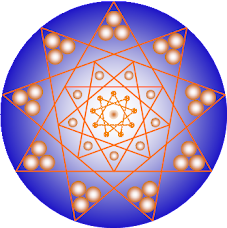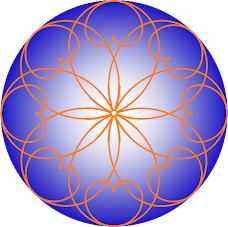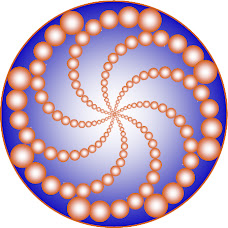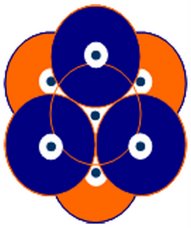
Mental energy (e)–the ability to persist for long periods thinking productively about a problem, the ability to focus attention, to shut out distractions, to persist in search of a solution–is perhaps as important as general intelligence (g) in determining both successful performance and constructive achievement and the product of these two variables, g*e, provides the most valid predictor of success and achievement
Archimedes's “awesome mathematical talent was augmented by an ability to devote himself single-mindedly to any problem at hand in extraordinary periods of intense, focused concentration. At such times, the more mundane concerns of life were simply ignored.”
Isaac Newton, asked how he made his remarkable discoveries, replied: ‘I keep the subject constantly before me and wait until the first dawnings open little by little into the full light’
Newton's special gift was: “the power of holding continuously in his mind a purely mental problem until he had seen straight through it”
Charles Darwin wrote: “You have made a convert of an opponent in one sense, for I have always maintained that, excepting fools, men did not differ much in intellect, only in zeal and hard work; and I still think [this] is an eminently important difference.”
Thomas Edison, too, believed that genius was ninety-nine per cent perspiration and one per cent inspiration and he “often work[ed] as many as 112 hours a week”
Most persons who have demonstrated prodigious intellectual achievement–mathematical, scientific, musical, political, artistic, military, entrepreneurial, inventive–possessed, in addition to their special talent, the gift of abundant mental energy, the ability to remain awake and sharply focused for long periods and, when appropriate, able to shut out all distractions
















.jpg)


No comments:
Post a Comment